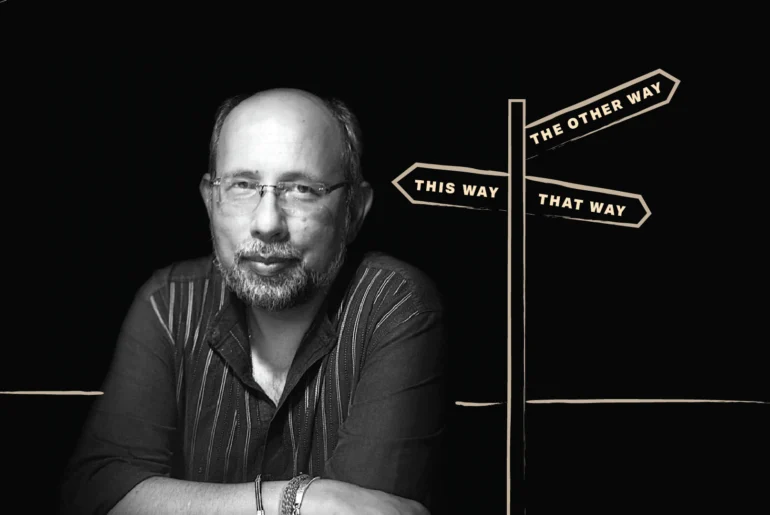Age and fundraising have a complex relationship, one that often surprises entrepreneurs. While experience is valuable, there are many less obvious reasons why investors might favor younger founders.
The Energy Equation
One of the most critical factors investors consider is energy and stamina. Starting and scaling a business requires extraordinary dedication, often demanding 80+ hour work weeks and constant problem-solving. Younger entrepreneurs typically possess the physical energy and mental resilience to sustain such intense workloads. This raw energy can be a crucial differentiator in the early stages of a startup, where hustle and adaptability often determine success.
The Opportunity Cost Paradox
Investors carefully evaluate the opportunity cost when founders choose entrepreneurship later in life. This assessment typically follows two paths:
– For those who haven’t achieved significant success, investors question why this venture would succeed when others haven’t.
– For those who have been successful, investors might wonder about their commitment level, assuming they don’t need this venture to succeed financially.
This creates a paradoxical situation where older entrepreneurs face scrutiny regardless of their past performance.
The Learning Curve Challenge
Adaptability and learning agility are paramount in today’s rapidly evolving business landscape. As people age, they often develop more rigid thought patterns and established ways of doing things. The ability to unlearn old habits and embrace new methodologies becomes more challenging. Investors may worry about an older founder’s willingness to pivot, adapt, and embrace new technologies or business models.
The Key Person Risk
From a purely actuarial perspective, investors are generally wary of single-entrepreneur companies led by older founders. The key person risk – the potential impact of losing the primary founder – becomes more pronounced with age. This risk assessment often leads investors to favour younger founding teams or require stronger succession planning from older entrepreneurs.
Notable Exceptions
However, there are significant exceptions to these general patterns:
Repeat Entrepreneurs
Serial entrepreneurs who have demonstrated success in previous ventures often find it easier to raise capital, regardless of age. Their track record speaks louder than their birth certificate, and investors value their proven ability to execute and scale businesses.
Domain Expertise
Founders with deep, specialized knowledge gained through years of research or industry experience can transcend age-related concerns. Their expertise often represents a competitive advantage that investors are eager to back, particularly in complex or highly technical fields.
The relationship between age and fundraising success follows a bell curve with a leftward skew, suggesting that while the sweet spot for raising capital typically falls in the younger years, there’s still significant opportunity for older entrepreneurs who bring the right combination of experience, expertise, and energy to the table.
Success in fundraising ultimately depends on the individual entrepreneur’s ability to demonstrate their unique value proposition, regardless of age. The key is to acknowledge and address age-related concerns while highlighting the specific advantages that come with one’s life stage and experience.




